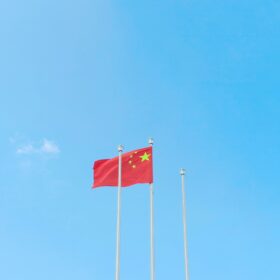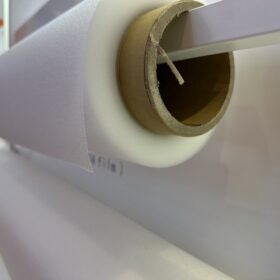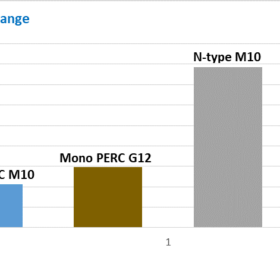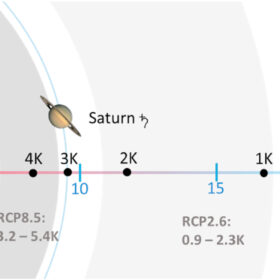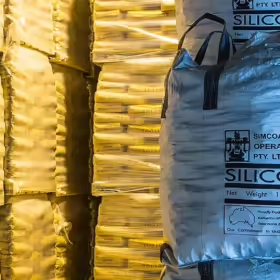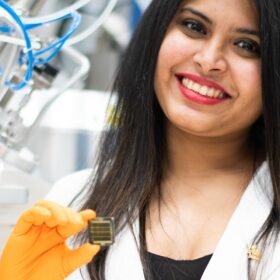Chinese PV Industry Brief: January-February solar additions hit 39.5 GW
China’s National Energy Administration (NEA) says that the country added 39.47 GW of new solar capacity in January and February, taking total installed PV capacity to 930 GW.
Field survey protocol for monitoring PV backsheet degradation
A research group including scientists from U.S. National Institute of Standards and Technology (NIST), Underwriter’s Laboratories Inc., and the National Renewable Energy Laboratory (NREL) has outlined a new protocol for assessing PV module backsheet degradation in the field. Through the proposed framework, the researchers analyzed PV backsheet degradation across 41 sites, with exposure times ranging from 1 to 38 years.
UK researchers build two-electrode photoelectrochemical device with 5% solar-to-hydrogen efficiency
A research team from two London universities have developed a multi-layer device that addresses the instability of organic materials in water to further their use in direct solar hydrogen generation. Monolithic tandem anodes fabricated by the team reached a solar-to-hydrogen efficiency of 5%, a record in organic photoelectrochemical device performance.
Solar wafer prices trend upward as China’s domestic demand surges
In a new weekly update for pv magazine, OPIS, a Dow Jones company, provides a quick look at the main price trends in the global PV industry.
EU launches partnerships to strengthen PV, advanced materials, textiles
The European Commission has established three Horizon Europe partnerships to improve technological prowess, industrial strength, and eco-friendly innovation, channeling nearly €1.1 billion ($1.19 billion) by 2030 into photovoltaics, advanced materials, and textiles.
Tecnalia, Vita International developing solar guardrails
Spain’s Tecnalia and Italy-based Vita International have designed a new photovoltaic guardrail, set for testing later this year on a 100-meter stretch of a highway service area between Turin and Trieste, Italy.
Prices rising across China’s PV supply chain, says EnergyTrend
Taiwan-based research firm EnergyTrend says market optimism in China has driven up solar module prices, while production of modules, cells, and wafers has increased month on month.
I, Photovoltaics
New research from Germany has investigated for the first time the idea of building a photovoltaic Dyson sphere, a theoretical megastructure that could provide vast amounts of energy for interstellar space travel and large-scale technological endeavors. Despite its highly theoretical and science-fiction inspiration, the study explains what consequences a similar construct would have on life on Earth.
Australia’s only silicon manufacturer bags $25 million in federal funding
Western Australia silicon manufacturer Simcoa Operations has received an AUD 39.8 million ($25 million) investment from the Australian government to boost the country’s silicon manufacturing capabilities.
Alumina oxide nanoparticles extend perovskite solar cell lifetime
Scientists in the U.K. have used alumina oxide in perovskite solar cells to achieve lifetimes exceeding 1,300 h under standards-based heat and humidity testing. Their analysis showed that a reference cell based on conjugated polyelectrolytes degraded in one-tenth the time.
